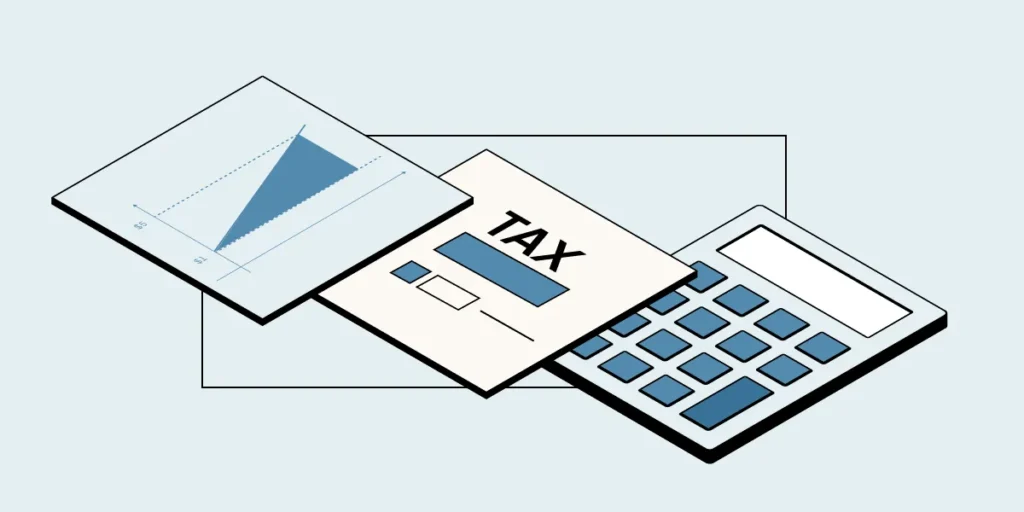Filing your taxes on time is crucial for many reasons. For one, it prevents you from getting hefty fines and potential legal consequences. Moreover, it maintains a positive standing with the authorities, affirming your commitment as a responsible citizen. And lastly, certain tax deductions hinge on filing deadlines, emphasizing the time-sensitive nature of eligibility criteria. This proactive approach fulfills legal obligations and provides peace of mind, knowing you’ve done your part to prevent potential issues.
But, of course, we all make mistakes, and missing deadlines can happen to anyone. So, what happens if I file my taxes late? Discover the answer by continuing to read.
Understanding Tax Deadline in Florida
In the United States, including Florida, the standard tax filing deadline as Tax typically falls on April 15th each year. However, if April 15th happens to be a weekend or a legal holiday, the filing deadline is extended to the next business day.
It’s also good to be aware that external factors, such as natural disasters or unforeseen events, can change the tax deadline. In such circumstances, the IRS may announce adjustments and extend the filing deadline, providing taxpayers additional time to meet their obligations.

What Happens If I File My Taxes Late?
To answer the question, “What happens if I file my taxes late?” let’s take a look at the different things that can occur. Failing to file your taxes on time will result in penalties, interest charges, and other consequences.
Penalties
Failure-to-File Penalty
A failure-to-file penalty will be imposed for those who miss the deadline for filing federal income taxes. This penalty is calculated by taking a percentage of the due taxes for each month (or part of a month) that your tax return is overdue. Typically, this penalty rate is 5%. The fine won’t go over 25% of your unpaid taxes.
Failure-to-Pay Penalty
The failure-to-pay penalty is imposed on taxpayers who fail to pay their federal income taxes on the deadline. The fine is based on how long your overdue payment remains unpaid. However, unlike the failure-to-file penalty, this penalty is set at 0.5% of the due taxes. Similar to the failure-to-file penalty, the maximum limit is capped at 25%.
Interest Charges
The interest on your unpaid taxes is determined based on the current federal interest rate. The formula for calculating daily interest is Principal Amount × Daily Interest Rate. Keep in mind that interest accrues daily, and it’s compounded. This means that the interest is calculated on the principal (the amount of unpaid tax) and the accumulated interest from previous days.
Other Consequences
Beyond the penalties for missing tax deadlines, there are additional challenges that can affect taxpayers:
Late tax filings can also cause delays in receiving tax refunds. Those expecting a refund may need help accessing their funds if they file after the deadline. Additionally, late filings can create an inaccurate financial snapshot, making it difficult to plan for future expenses, investments, or other financial decisions.

Options for Taxpayers Who Filed Late
The first step is to file your tax return as soon as possible. The longer you wait, the more penalties you’re going to accrue. To prevent future late tax filings, consider establishing a payment plan. This approach assists in fulfilling your tax obligations in a structured manner, avoids severe penalties, and maintains compliance with tax regulations.
Furthermore, utilize professional assistance from tax attorneys, such as those at Greenberg Law Group, who possess expertise and experience navigating tax matters. We’ll ensure thorough compliance and offer valuable advice to address your specific tax concerns effectively.
End Note
Understanding the importance of timely tax filing is crucial to prevent potential complications. What happens if I file my taxes late? Filing taxes late can lead to substantial issues, including hefty fines, penalties, legal consequences, and delays in other benefits like tax refunds. To navigate the intricacies of tax law and avoid late filing and associated penalties, seeking the assistance of a tax professional is advisable.
At Greenberg Law Group, P.A., our expert tax attorneys are ready to partner with you on all your tax matters. Contact us for reliable and knowledgeable assistance!




